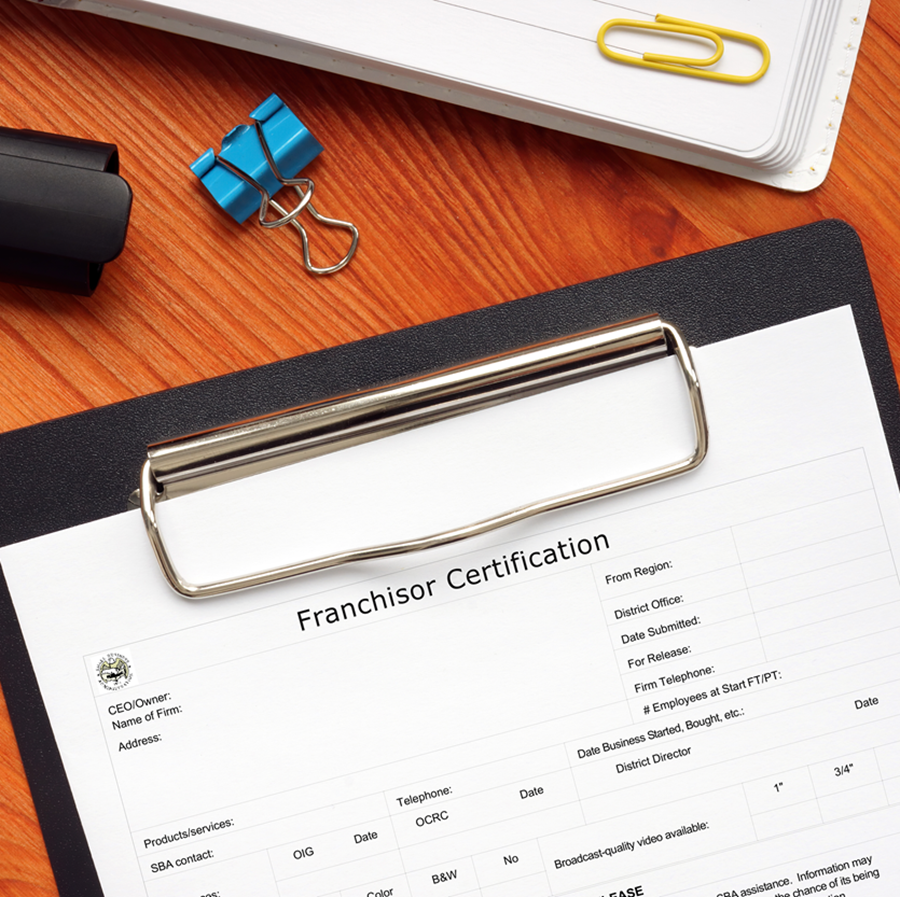Navigating the legal and regulatory landscape is one of the most complex and critical aspects of running a master franchise, particularly in France, where specific franchise laws govern the relationship between franchisors and franchisees. Understanding these legal requirements is essential for both parties to ensure compliance and avoid costly disputes down the road.
France, like many countries, has stringent franchise laws designed to protect both franchisors and franchisees. One of the most important legal documents in franchising is the DIP (Document d’Information Précontractuelle), a pre-contractual disclosure document that franchisors are required to provide to potential franchisees before any agreement is signed. The DIP outlines key information about the franchise system, including financial data, the roles and responsibilities of both parties, and details about the franchise’s performance. Failure to provide this document in a timely manner can result in penalties or the nullification of the franchise agreement.
In addition to the DIP, the franchise agreement itself must comply with both French and international laws. This contract establishes the terms of the franchise relationship, including the duration of the agreement, fees, territorial rights, and renewal options. It’s critical that both franchisors and franchisees fully understand the implications of the contract before entering into it. For instance, in France, franchisors are required to provide ongoing support to their franchisees, which may include training, marketing assistance, and operational guidance.
Regulatory compliance doesn’t stop at the national level, especially for master franchises looking to expand internationally. Each country has its own set of laws governing franchising, and it’s essential to understand how these regulations intersect with local business practices. For example, franchising in the United States is subject to federal and state regulations, while European countries have their own sets of rules. Master franchisees, in particular, need to be vigilant about local laws and customs to avoid legal pitfalls that could disrupt their operations.
In this section, we will delve into the legal obligations both franchisors and franchisees must adhere to, explore the specificities of French franchise law, and provide practical guidance on drafting and negotiating franchise agreements. We’ll also discuss regulatory challenges when expanding internationally and provide tips on how to ensure compliance across multiple jurisdictions.
Legal challenges in expanding a master franchise in France
Legal challenges in expanding a master franchise in France
Contractual obligations in a master franchise: a guide for franchisees and franchisors
Contractual obligations in a master franchise: a guide for franchisees and franchisors
The specifics of master franchise in France: the legal framework in 2024
The specifics of master franchise in France: the legal framework in 2024
Master franchise and regulatory compliance: key points of vigilance internationally
Master franchise and regulatory compliance: key points of vigilance internationally
Duration of the master franchise agreement: challenges and recommendations
Duration of the master franchise agreement: challenges and recommendations
Master franchise in France: what are the development obligations to comply with?
Master franchise in France: what are the development obligations to comply with?





